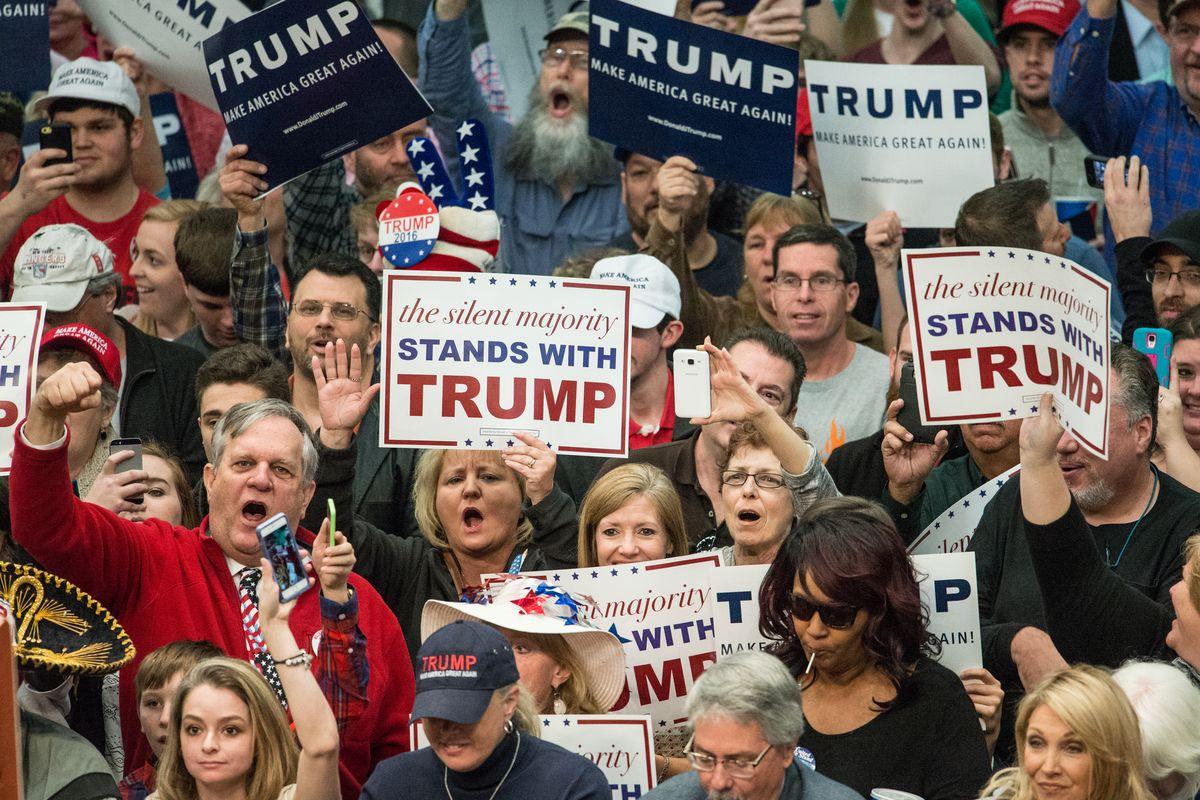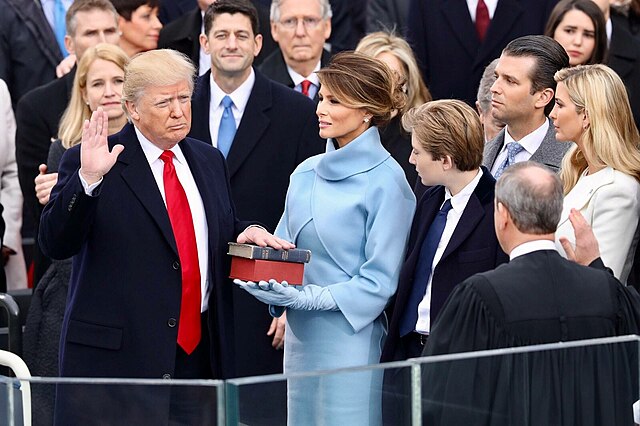Last week, Diana C. Mutz, a political science professor at the University of Pennsylvania, published a study that characterizes Trump supporters as inherently racist and disinclined to diversity, which is not surprising to most. Much of Trump’s symbolic significance lies in his promise to restore power and status to white American males, purposefully discriminating against any group that diverges from this category.
The study revealed that Trump supporters, contrary to what some conservatives would have us believe, did not vote for Trump to ensure a sense of economic stability, but rather to re-establish the dominance of “whiteness.” This study incorporates analyses from previous years, particularly an analysis published in The Washington Post that explained “First, white millennial Trump voters were likely to believe in something we call ‘white vulnerability’ — the perception that whites, through no fault of their own, are losing ground to other groups. Second, racial resentment was the primary driver of white vulnerability — even when accounting for income, education level or employment.”
Mutz explained the lack of evidence regarding the correlation between Trump supporters and economic anxieties in that the economy faced significant improvement before the 2016 U.S. Presidential Election. Furthermore, she discovered that people did not perceive their financial standings as a reason to vote for Trump. Instead, she describes the symbolism of “racial resentment” as the driving motivation for Trump supporters. “It’s not a threat to their own economic well-being; it’s a threat to their group’s dominance in our country over all,” she explained.
Although Mutz’s study provides more of a reason for people to criticize the Trump Administration and its latent racism, it does not offer any new information regarding the profile of Trump supporters. Similar studies on Trump supporters have been published habitually. A Public Religion Research Institute survey conducted last year with a sample group of 3,000 people found that cultural displacement is a primary reason for inclination towards Trump. This means that white Trump supporters did in fact support Trump out of a fear of being disadvantaged.
A feature of particular significance in Mutz’s study is a psychological measure called “social dominance orientation,” which quantifies the extent to which a person believes that hierarchy is inextricable from the construct of a society. She found a strong correlation between higher social dominance orientation and Trump supporters, revealing the sizeable perceived threat that white American males were concerned about when they voted for Trump. Furthermore, an article published in The Independent on Saturday, April 28, contained a poll that asked whether one would like to see a female president in their lifetimes; 60 percent of Trump supporters clicked no. Diversity and inclusion simply do not fit into Trump supporters vision for America.
In the midst of these new polls, one might question their purpose. Does it really matter whether the driving forces behind one’s vote is economic or cultural? Or is this focus a digression from a larger problem: the fact that white voters used somewhat empty economic concerns as a cover for supporting Trump’s racist ideals?
As an international student studying at Wellesley, the distinction between economic and cultural motives worry me. My naïve idealism compels me to believe that voting for Trump is a culmination of economic fears. However, the little voice inside my head is profoundly aware of the only reason a significant proportion of the United States, a country revered for its mélange of cultures, would vote for a man who is a symbol of white male supremacy. It disheartens me to think of the backward society that Trump supporters hope for, one that they are trying to achieve by establishing their superiority and dominance through electing a man who promises to eradicate and eliminate any “cultural threats” — a vague concept that could encompass anything he decides.
When I think of a Trump supporter, I see a white man, holding a sign that says “Make America Great Again.” I worry about what this “greatness” is based upon, that it marginalizes minorities and places travel bans on entire nationalities and culture groups. I worry that Trump is perhaps the most powerful person in the world, let alone the United States and that one of his first major policy decision was to ban citizens of six Muslim countries from traveling to America. I worry about what I will do once I graduate, since finding a job in the United States as an international student is becoming virtually impossible. More than anything, I wonder what pleasure Trump supporters have gained in their attempts to eliminate diversity.




